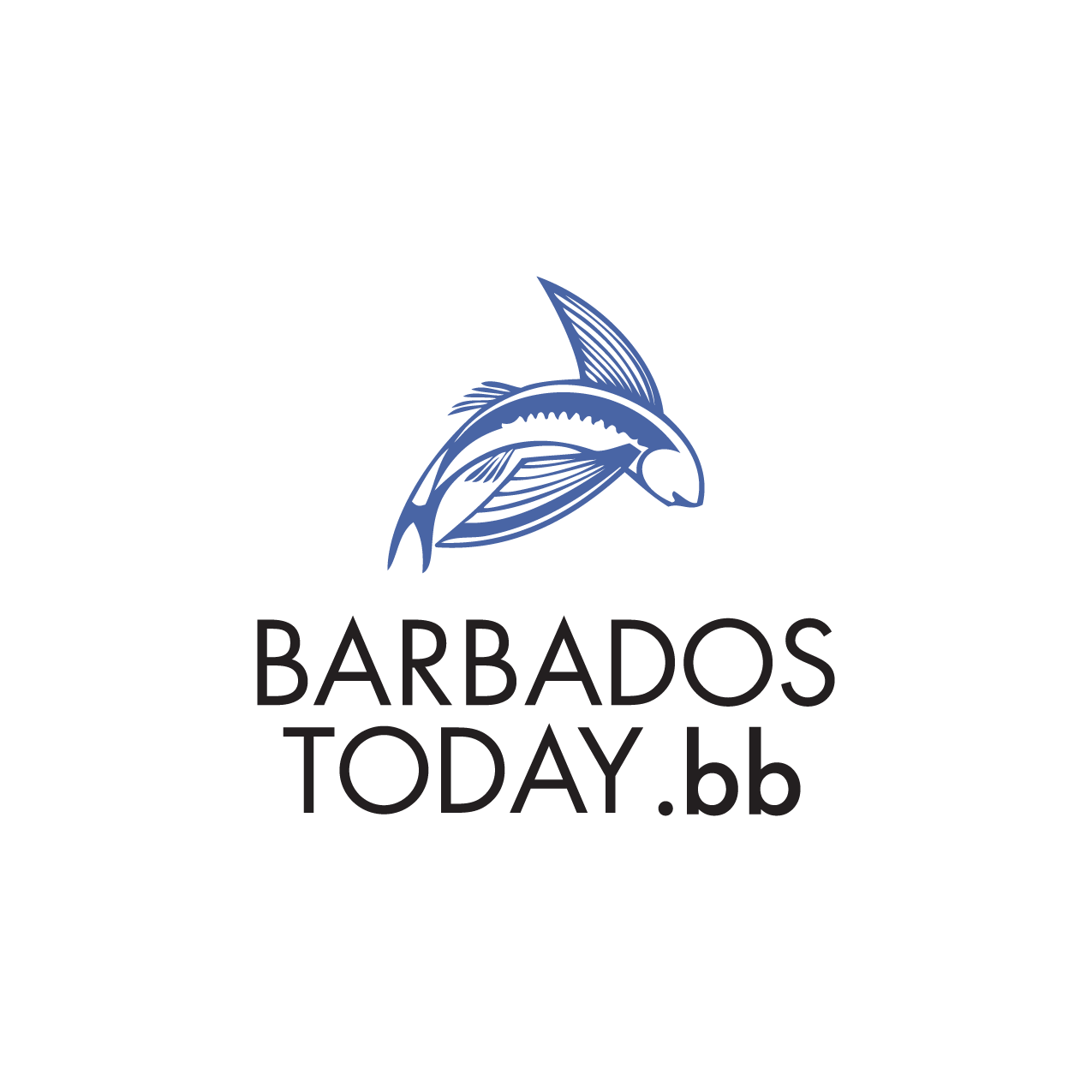The management of small island economies is no easy task. One would assume that our smallness should limit our exposure to many of the vagaries that impact larger and more sophisticated economies.
The opposite is usually the case because our resources to respond to crises are limited and our geopolitical importance to the world’s superpowers has waned tremendously since the end of the cold war between Russia and the Western world.
Important also is the impact of climate activity and events on countries like Barbados. They have proven to be more dangerous to our development efforts than many other circumstances.
We can simply recall what Hurricane Maria did to the island of Dominica in 2017 which touched down as a category 5 system with 220 miles-per-hour winds. It flattened the country, ripping off 90 per cent of roofs and killing 31 people.
The spectre of such destruction looms each year from June until November. It is life for us in the Caribbean.
This week, our collective attention, however, shifted to the House of Assembly where Prime Minister Mia Amor Mottley presented her 2023 Budgetary Proposals.
She put forward a presentation, she described as more of a conversation with the people of Barbados, than the traditional speech for which this annual event is known.
Her often-repeated theme was “mission transformation” as she outlined what her administration was doing to prepare the country to withstand the challenges it was facing, and to put the island on a sustainable growth path.
Her announcement of new advisory/watchdog groups including the National Strategic Council and the Fiscal Council “to improve governance, accountability with respect to fiscal affairs, and to ensure sustainable and inclusive growth” have been welcomed.
But even as we go ‘Upward and Onward to Bajan Excellence 2030’ which the Prime Minister desires, more headwinds are emerging and they could prove more menacing than ones before.
Barbados’ regulatory officials, operators in the global business sector and the financial services sector have been trumpeting the removal of Barbados from the European Union’s grey list of uncooperative tax jurisdictions.
It was a bruising battle that involved not only criticisms against the EU but contentions the EU acted ultra vires, and accusations of prejudice against small island states most of which are former colonies of European nations.
Well it has not been a six months yet and another wave of global regulatory impositions are coming that again pose a serious threat to our ability to operate as a competitive player in the trillion-dollar global financial services business.
The Financial Action Task Force (FATF), also known by its French name Groupe D’action Financière, is the global money laundering and terrorist financing watchdog.
Formed in 1989 by the Group of 7 (G7) industrialised nations, creates “black and grey lists” and its latest target for interrogation and unveiling, is the issue of beneficial ownership.
It has issued new guidelines to achieve what it called “guidance to improve transparency and beneficial ownership of legal persons”.
This translates for countries like Barbados to tougher standards for most corporate entities. It will require our already overburdened regulators to step up surveillance of corporate vehicles including, “companies, trusts, foundations, partnerships, and other types of legal persons and arrangements [conducting] a wide variety of commercial and entrepreneurial activities”.
The guidance document contends its new regulations will help us update our standards of transparency for a host of entities that include lawyers, accountants, banking service providers, sellers of prepaid cards, mobile and internet based payment service providers, trust companies, insurance service providers, money or transfer payment providers, trust companies, real estate agents, and the list goes on.
The FATF wants countries like Barbados to provide them with a corporate list of who owns what, and of course, we need to assure the French-based organisation, that they got their money from legitimate sources and that their purchases are not being used to wash dirty money.
This new layer of intrusive regulation has already caused significant nervousness among operators in the global business sector as well as professional service providers such as lawyers, accountants and business support organisations on the island.
They are kicking against any public register and one can understand why people may not want every Tom, Dick and Harry rummaging through data of what they own or assets in which they have invested.





